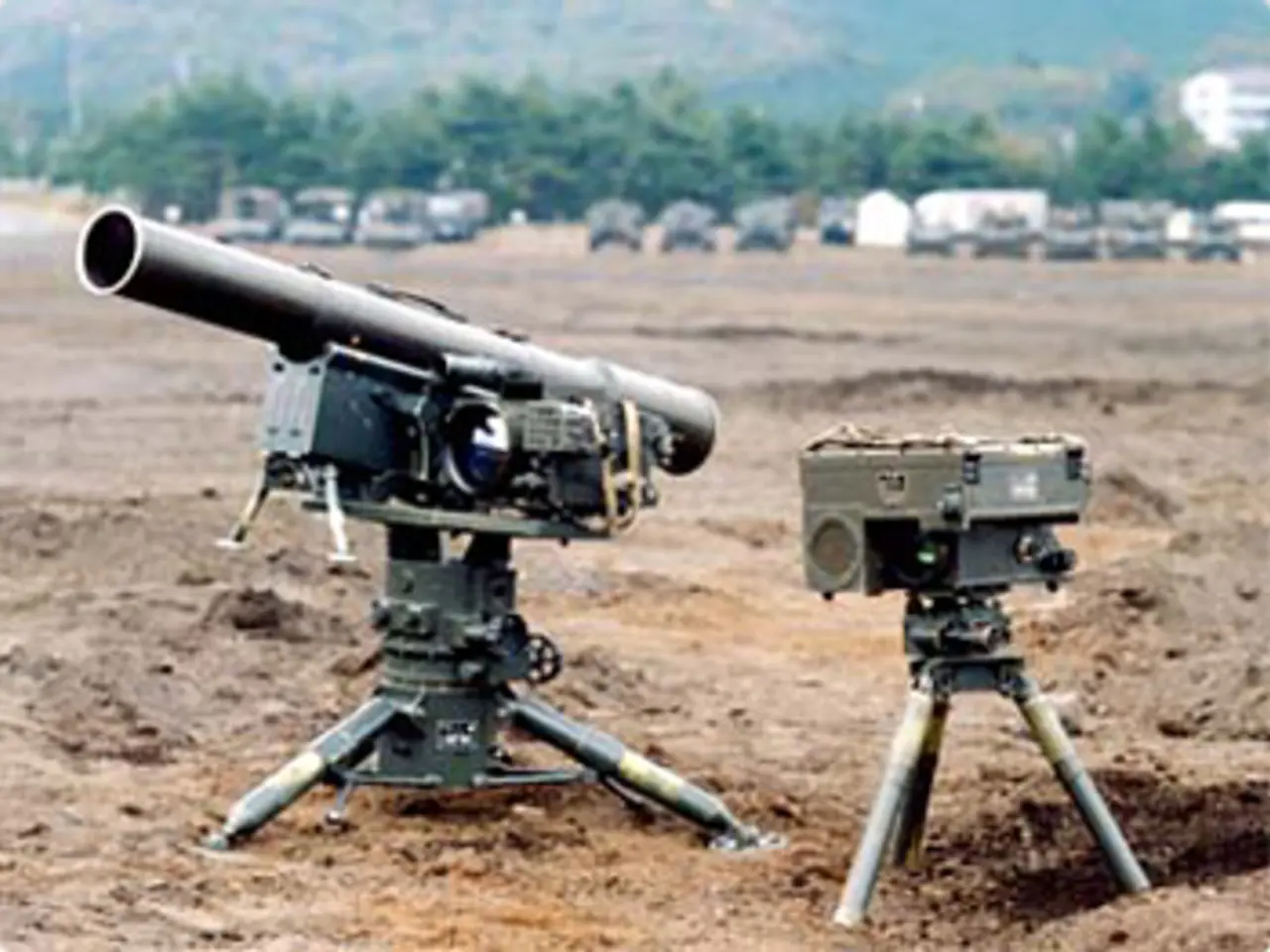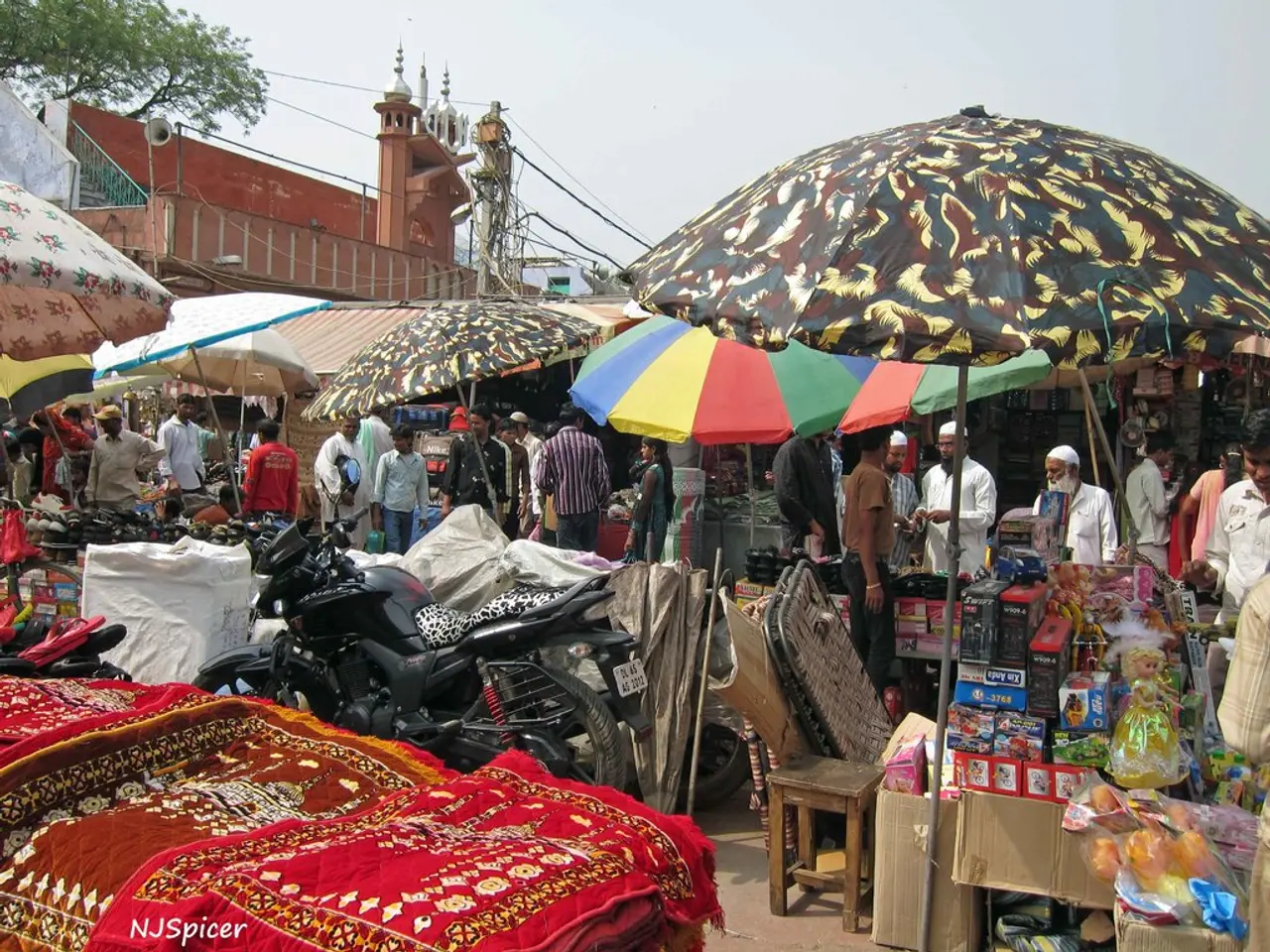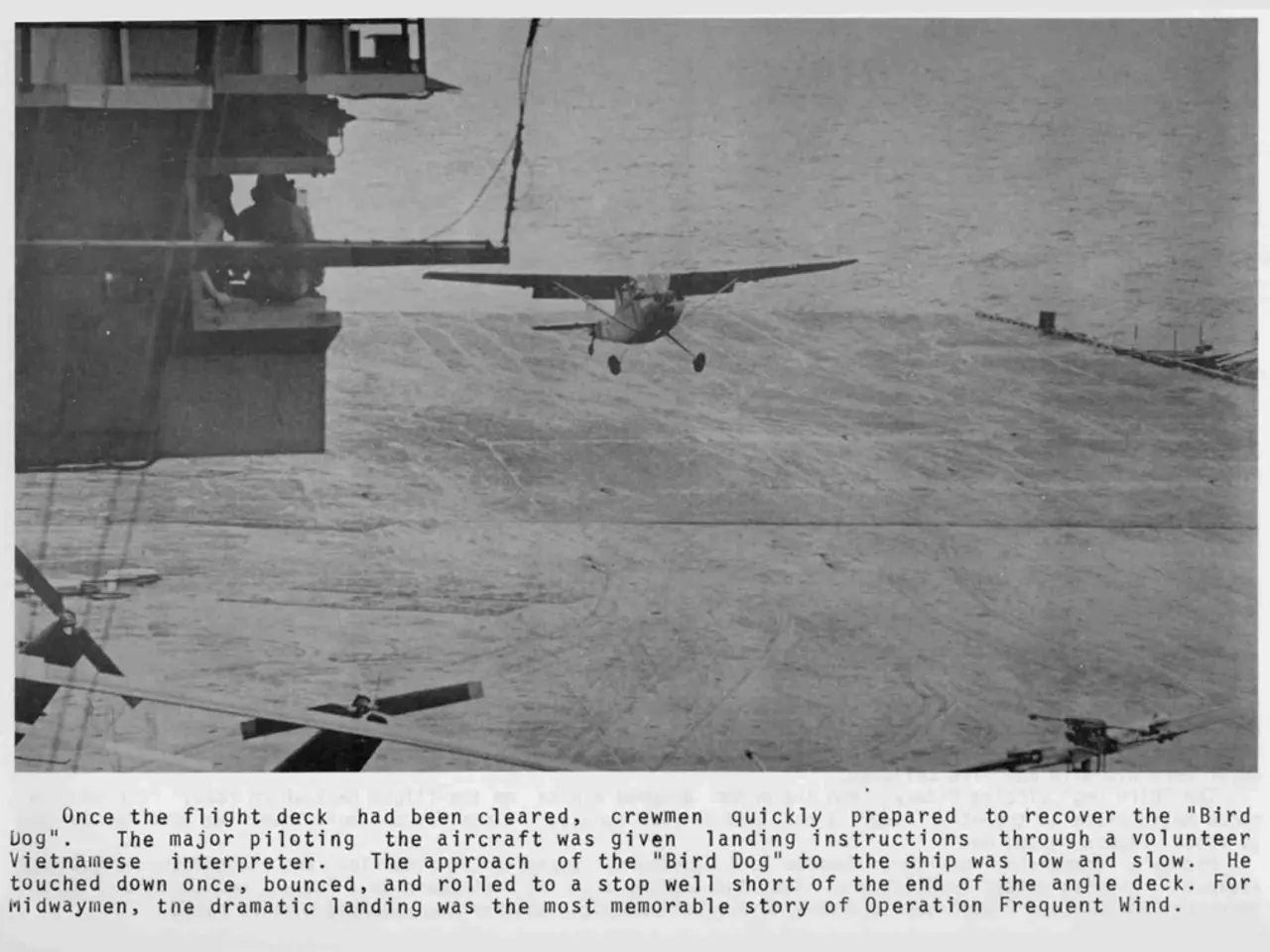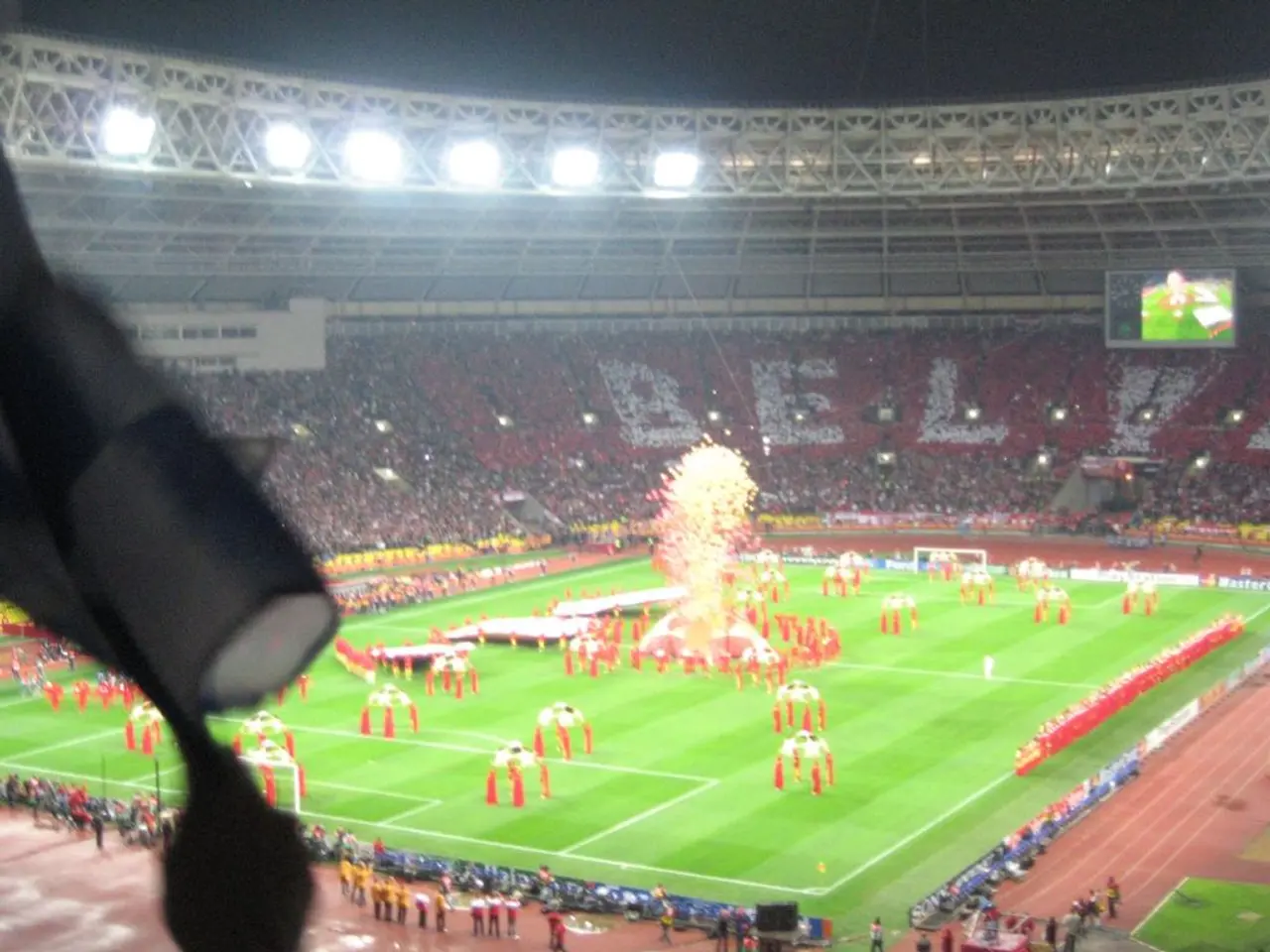Divided EU Approaches on Israel Spark International Tensions
Diverse Opinions Surface Among EU Nations Regarding Israel
In the face of disagreements, the unity of the EU is being tested as member states express differing opinions on Israel's handling, specifically in the Gaza Strip, and its recent military confrontations, such as the one with Iran.
At a recent EU summit in Brussels, leaders demanded improved supplies for the Palestinian population in Gaza from Israel and the release of Israeli hostages by Hamas. Criticism abounds over Israel's actions, yet consequences remain on the back burner. European leaders called for an immediate ceasefire in Gaza, stressing Israel's adherence to international law, while reprimanding settler violence against Palestinians in the West Bank.
However, when it comes to American and Israeli attacks on Iran, a clear stance is avoided by EU leaders. They urge all parties to obey international law, exercise self-restraint, and shun actions that may escalate the situation. The EU insists that Iran should never acquire nuclear weapons and must fulfill its Non-Proliferation Treaty obligations. Diplomatic efforts spearheaded by the EU aim to reduce tensions and work towards a lasting solution for the Iranian nuclear issue.
The chasm among EU members on Iran and Israel is significant. Countries like France have adopted a more critical stance, while Germany leans towards a more favorable view of Israel. Tensions mount as countries like Spain call for stronger action against Israel, such as suspending the EU-Israel partnership agreement, while Germany rejects such measures. Economic sanctions and blocking Israel's access to EU research funding programs are also being contemplated.
The EU-27 remain divided, with historical alignments, domestic public opinion shifts, and geopolitical calculations clouding the issue. A joint statement was only reached by incorporating more critical language in the final conclusions, a sign of the growing rift among member states. Israel has temporarily halted the import of humanitarian goods to the north of the Gaza Strip due to concerns over violent armed groups seizing supplies.
The lack of unity in EU foreign policy concerning Israel poses challenges to the bloc's ability to influence peace negotiations and humanitarian relief in the region. Rising public unrest and political mobilization across Europe fuel the demand for more decisive action from their governments, leading to further complications in the already fraught diplomatic landscape.
- Gaza Strip
- Gaza
- Israel War
- Israeli Settlement Construction
- Israel
- EU Summit
- Friedrich Merz
- Wars and Conflicts
- Iran Conflict
- Historical Alignments
- Public Opinion
- Geopolitical Priorities
- Economic Sanctions
- EU-Israel Trade Agreement
- Humanitarian Crisis
- Regional Alliances
Insights:
- The divisions among EU nations on Israel's handling are rooted in historical political alignments, evolving public opinions, geopolitical calculations, and contrasting national interests.
- The lack of a unified EU stance on Israel hampers the bloc's diplomatic coherence and its capacity to contribute effectively to peace and humanitarian resolutions in Gaza and the broader region.
- Increasing calls within the EU to scrutinize or limit agreements with Israel, such as cooperation on research programs and trade, reflect the growing pressure to impose economic and political leverage on Israel if consensus continues to grow.
- Continued humanitarian crises in Gaza and perceived double standards from EU governments may fuel protests and social unrest across Europe, further exacerbating the tension and demanding stronger positions from EU leaders.
- The ongoing discord within EU member states over Israel's actions in the Gaza Strip can be traced back to historical political alignments, shifting public opinions, geopolitical priorities, and contrasting national interests.
- Amidst the rising political unrest across Europe, the fragmented EU foreign policy towards Israel poses challenges to its ability to decisively influence peace negotiations and humanitarian relief in the region, potentially leading to increasing calls for more substantial action.





